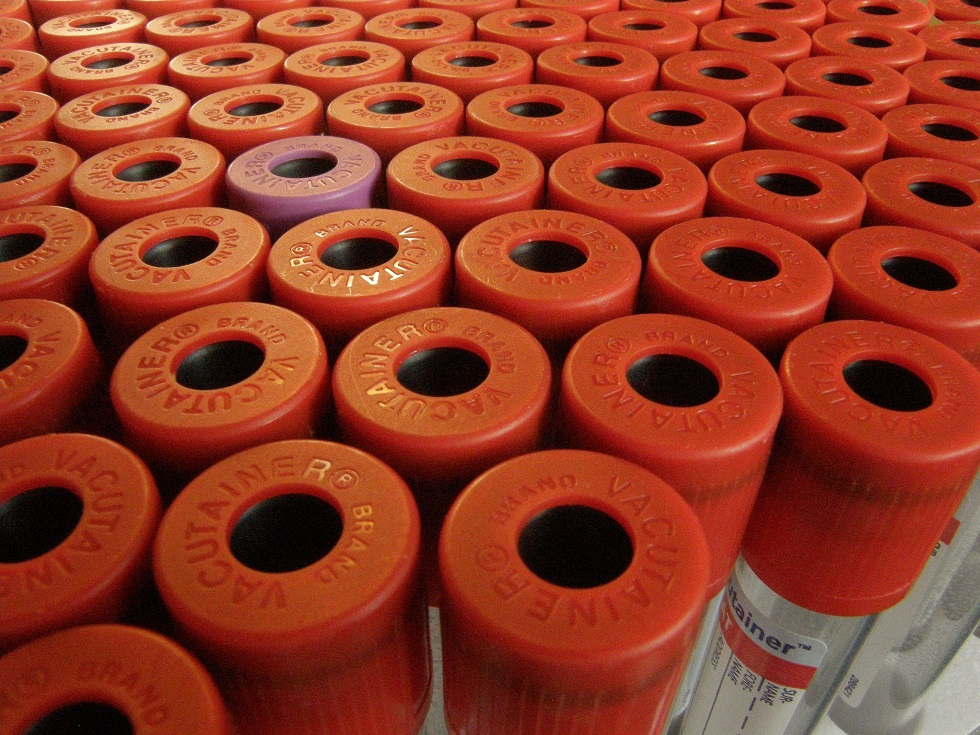Species: Canine
Specimen: 1 mL serum
Container: Plain (red top) tube
Collection protocol: Standard venepuncture
Special handling/shipping requirements:
Samples should be transported to the lab within 12-24 hours
General information about the disease:
Hypothyroidism is the most common disease condition of the canine thyroid glands. Canine lymphocytic thyroiditis is believed to cause of about 50% of cases of canine hypothyroidism. Hypothyroidism does not occur until a large amount of the thyroid gland is non-functional, and sub clinical lymphocytic thyroiditis is present for some time before clinical signs of hypothyroidism emerge and total serum T4 and T3 concentrations decrease.
The best test to diagnose this condition is considered to be the thyroglobulin autoantibody test. All dogs with thyroglobulin autoantibodies are considered to have lymphocytic thyroiditis and this test is both sensitive and specific for the condition. A dog may have antibodies present but may not yet be hypothyroid. It is recommended that dogs with thyroglobulin autoantibodies be monitored regularly for signs of hypothyroidism. Of 171 dogs monitored with thyroglobulin auto-antibodies, 20% became hypothyroid in the following year.
General information about when this test is indicated:
See “Diagnosis and monitoring of hypothyroidism”.
Comparison with other related tests:
See “Diagnosis and monitoring of hypothyroidism”.

